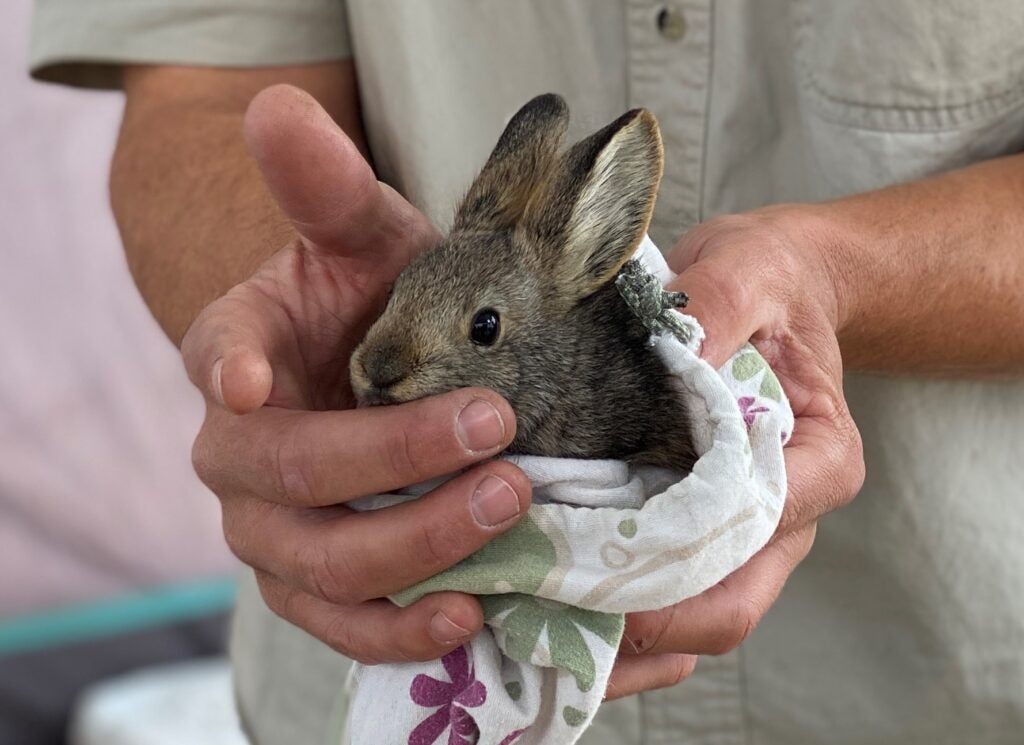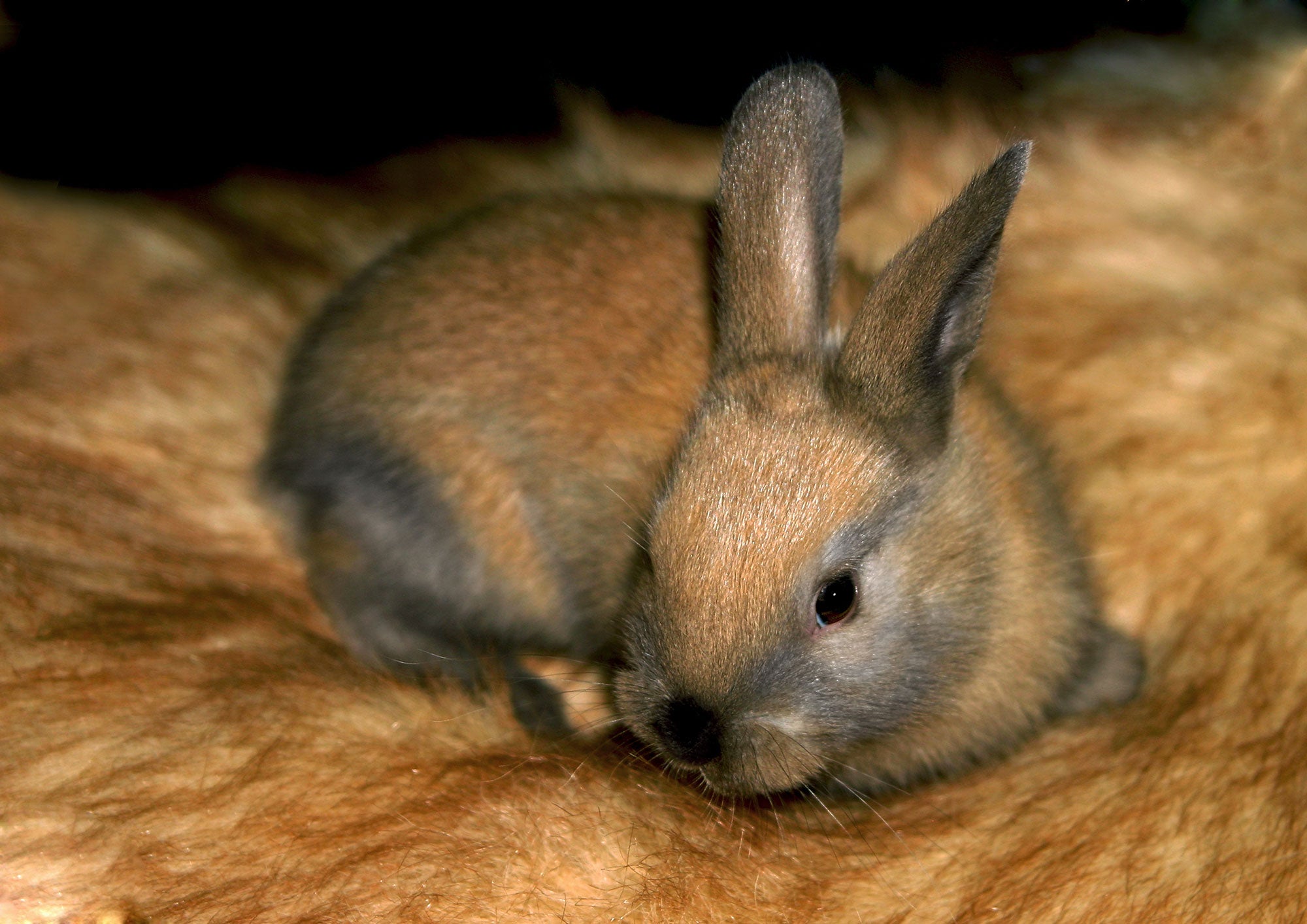Lawsuit Launched to Protect World’s Smallest Rabbit in Eight Western States
Government has failed to take steps to protect the pygmy rabbit
Contact
Conservation groups today sent a formal notice of their intent to sue the U.S. Fish and Wildlife Service for failing to take steps to protect the pygmy rabbit (Brachylagus idahoensis), the world’s smallest rabbit, under the Endangered Species Act.
In response to a 2023 petition, the Service announced in January that the rabbits may warrant protection under the Endangered Species Act. The agency was required to decide by March 6, 2024, whether listing the rabbit was warranted, but has failed to do so.
“Protection delayed is protection denied,” said Greta Anderson, deputy director of Western Watersheds Project. “The agency has been aware of the pygmy rabbit’s imperiled status since 1991, but it has never been protected under the Endangered Species Act. We’re not willing to let this species go extinct on our watch, and we hope today’s notice will spark action on behalf of the U.S. Fish and Wildlife Service.”
Pygmy rabbits (Brachylagus idahoensis) depend on the sagebrush sea habitat to protect them from predators and for the majority of their diet. The rabbits are found in parts of Wyoming, Utah, Idaho, Nevada, Montana, Colorado, California, and Oregon. They are threatened by livestock grazing, oil and gas extraction, invasive non-native grasses and wildfire. The species is newly threatened by rabbit hemorrhagic disease, a highly infectious and lethal virus first documented in Nevada in 2022.

A pygmy rabbit (Brachylagus idahoensis). (Sarah Arnoff / USFWS – Pacific Region)
“Under the law, the Service has 12 months to respond to petitions from the public with a determination about whether a species is eligible for Endangered Species Act protection,” said Earthjustice attorney Michael Freeman. “The agency has blown that deadline by many months, and is failing pygmy rabbits by not stepping up to protect them.”
“We’re watching the slow-motion extinction of these adorable rabbits while the Fish and Wildlife Service drags its feet,” said Randi Spivak, public lands policy director at the Center for Biological Diversity. “Endangered Species Act protection is desperately needed for these little creatures before more of their sagebrush sea habitat is lost to fossil fuel extraction and grazing. Time is of the essence.”
“Protecting pygmy rabbits is vital for preserving the West’s shrinking sagebrush ecosystems, yet the Fish and Wildlife Service’s delayed action has put this unique species at greater risk,” said Joanna Zhang, endangered species advocate with WildEarth Guardians. “Timely intervention is not just a responsibility — it’s an urgent necessity to prevent further biodiversity loss.”
Pygmy rabbits were first proposed for listing under the Endangered Species Act in 1991. In 2003 several conservation groups submitted another petition. In September 2010 the Fish and Wildlife Service denied protections for the rabbits.
The 2023 petition and today’s 60-day notice were filed by Western Watersheds Project, the Center for Biological Diversity and WildEarth Guardians, which are represented by the public interest law firm Earthjustice.

Additional Resources
About Earthjustice
Earthjustice is the premier nonprofit environmental law organization. We wield the power of law and the strength of partnership to protect people's health, to preserve magnificent places and wildlife, to advance clean energy, and to combat climate change. We are here because the earth needs a good lawyer.